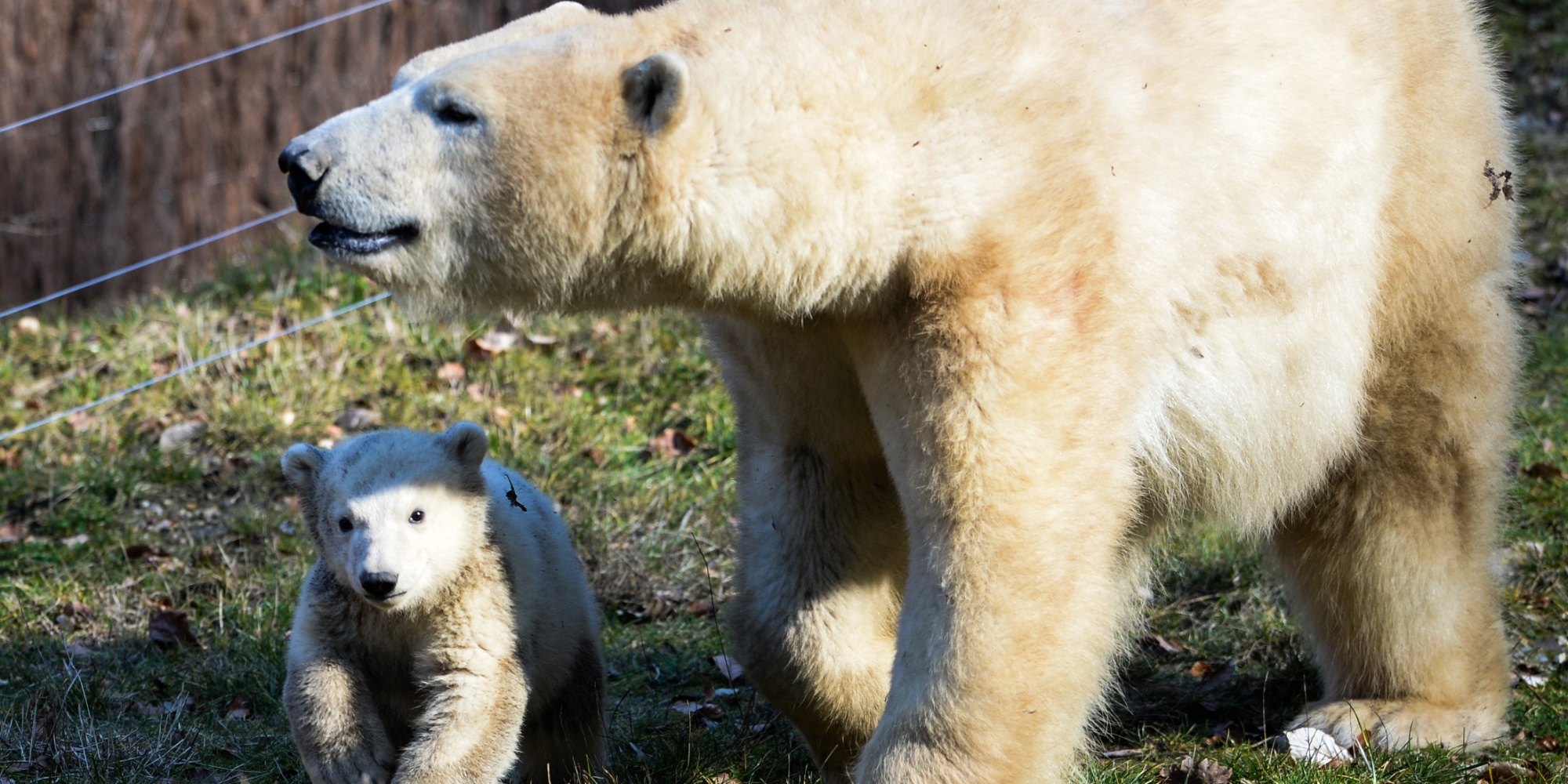The birth of this bear cub, very rare in France, took place on November 22 at the Mulhouse zoo.
For now, the cub has not yet been in contact with humans, not even a veterinarian.
This is the first baby of polar bear couple Sesi and Vicks since 2016.
A polar bear cub was born at Mulhouse Zoological Park, in Haut-Rhin, on November 22, a rare birth in France, which can help raise awareness against global warming, the park announced on Monday.
"This is the fifth birth of a viable polar bear for more than twenty years in France, the second in Mulhouse," said the zoo in a statement.
"The first weeks of a polar bear cub's life (being) delicate", this bear cub "has so far never been in contact with humans (not even a veterinarian)", indicates the zoo.
The name of the bear put to the vote
"For the moment, the man does not intervene and lets the instincts of the mother and the little one manifest themselves, without any contact with the human", explained, quoted in the press release, Benoît Quintard , veterinarian of the zoo.
A camera has been installed in the den of the maternity ward, where the cub is with its mother.
Once the sex of the bear cub has been determined, name proposals will be submitted to visitors' votes.
"The date of the mother's return outside and the first steps of her cub in the enclosure will be dictated by their sole motivation to leave the den," explains the zoo.
"Fragility of natural habitats"
"The conservation by zoological parks of threatened species only makes sense if it is accompanied by an awareness of the fragility of natural habitats, whatever the species, polar and other, and of its protection. ", estimated the director of the Mulhouse zoo, Brice Lefaux.
He hopes that this birth will give "a very concrete dimension to a sometimes very theoretical message" of the need to fight against global warming.
The previous baby of the pair of polar bears from Mulhouse, Sesi and Vicks, was born in November 2016. Christened Nanuq, this polar bear left Haut-Rhin last April, after the first signs of rivalry with her mother appeared. and to be able to reproduce.
She was initially supposed to go to the zoo of La Flèche, in the Sarthe, but finally took up her new quarters at the zoo in Munich, Germany.

